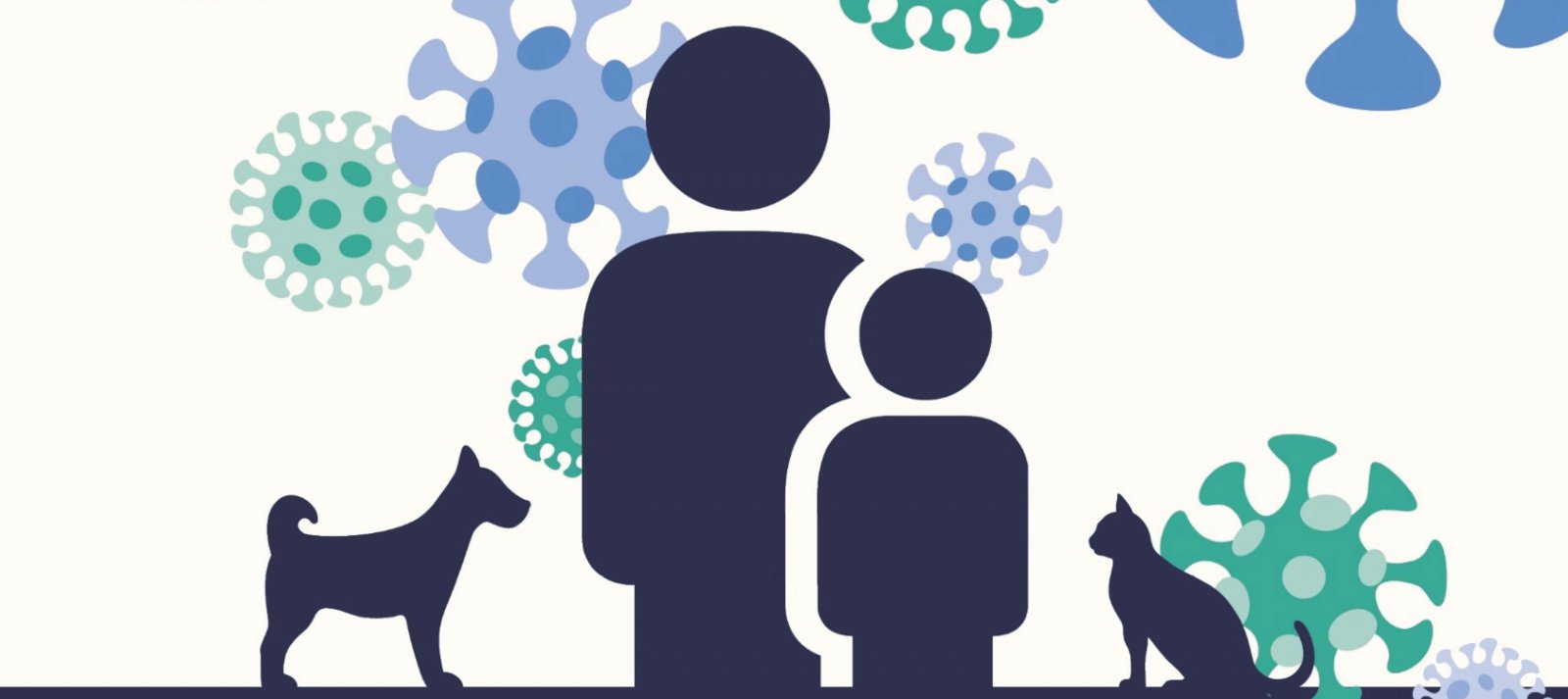Research on COVID-19 in companion animals

The COVID-19 pandemic, caused by the new coronavirus SARS-CoV-2, has been affecting the world for over a year. Several events have demonstrated that SARS-CoV-2 can infect animals, felines and mustelids in particular. In companion animals these are currently considered to be incidents with a negligible risk for public health since the main force of the pandemic is transmission between humans. However, it is urgent to understand the potential risk of animal infections for public health in the later stages of the pandemic when SARS-CoV-2 transmission between humans is greatly reduced and a virus reservoir in animals could become more important. In this context the Ministry of Agriculture, Nature and Food Quality (LNV) has asked for large-scale research into prevalence and transmission of SARS-CoV-2 in companion animals.
We want to determine whether SARS-CoV-2 can continue to circulate between animals and between animals and humans once transmission between humans has been curbed
The research project
Multiple research groups, that are united in the Netherlands Centre for One Health, work together on the interdisciplinary research project ‘Fighting COVID-19 in animals and humans, a one health approach’. The project is coordinated by the Faculty of Veterinary Medicine. Project leader Arjan Stegeman: “The main aim is to determine whether SARS-CoV-2 can continue to circulate between animals and between animals and humans once transmission between humans has been curbed.” Research results serve as scientific grounds for strategies of policymakers and stakeholders, such as veterinarians and animal owners.
Six research components
The project is divided into six components. Click on the icons to read more about these components and the current findings.


